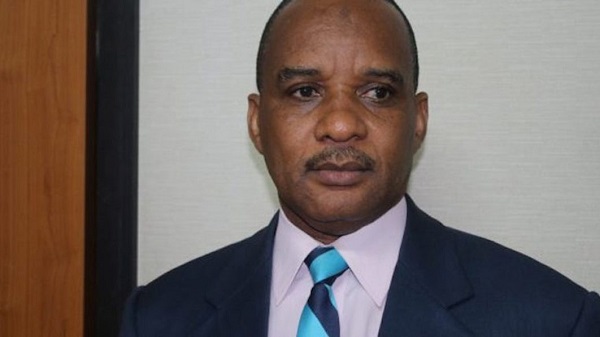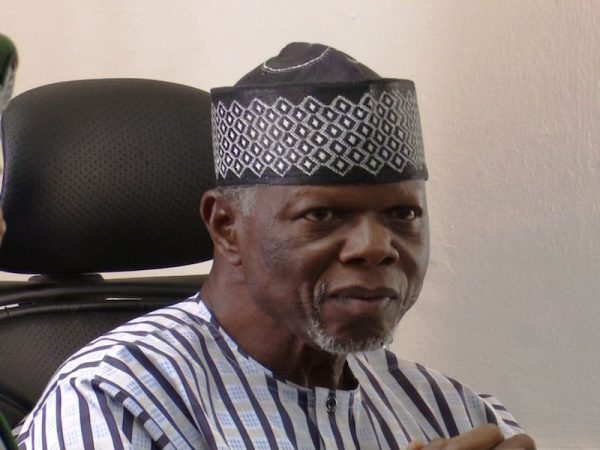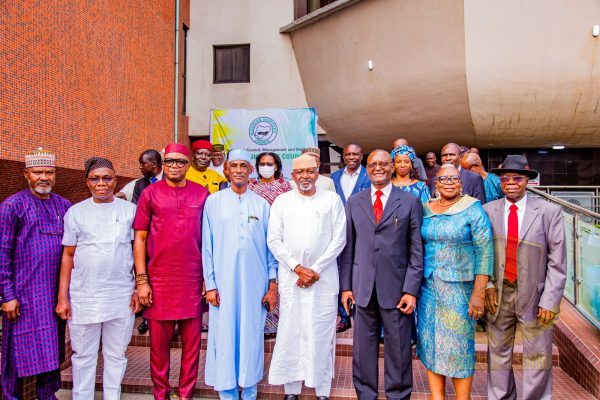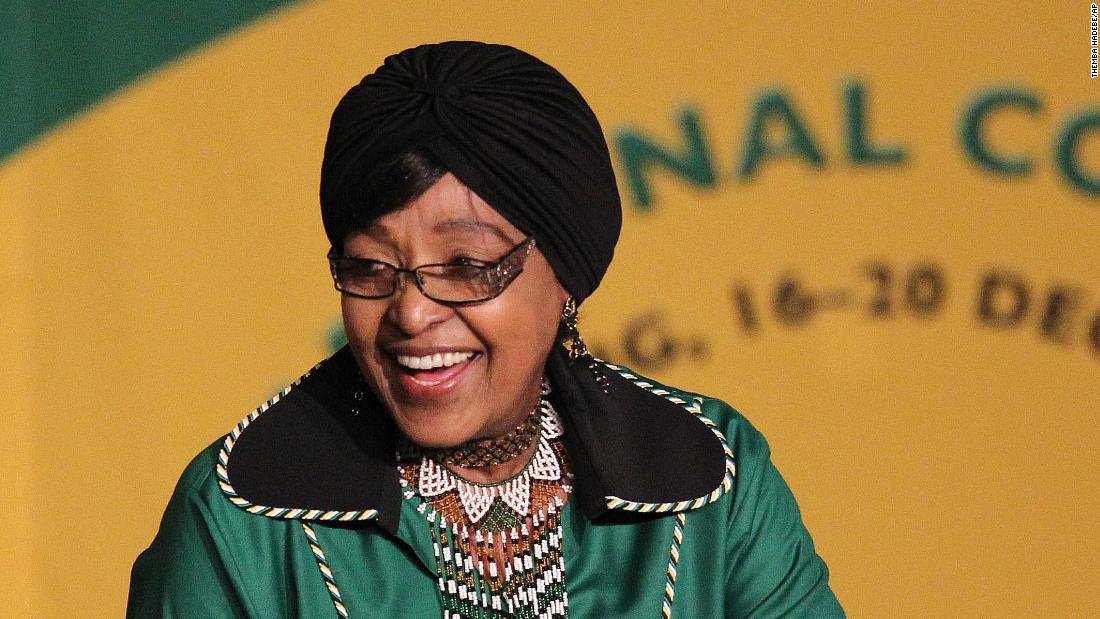NIMASA Donates Relief Materials To Idps, Security Equipment To Govt. In Niger
The Nigerian Maritime Administration and Safety Agency (NIMASA) on Tuesday donated relief materials to Internally Displaced Persons (IDPs) and security equipment to Niger government.
The Director-General of NIMASA, Dr Bashir Jamoh, flagged off the distribution of the items which included maize, rice, millet, tomato, oil, spaghetti, beans, blankets and sewing machines for IDPs in Minna.
Jamoh, represented by Ibrahim Sudan, Deputy Director, Maritime Labour in the agency, said other items were security equipment such as motorcycles, boots, walkie-talkie radio, bullet proof jackets and handcuffs, among others.
Earlier, the state’s Emergency Management Agency (NSEMA) in collaboration with NIMASA also organised a security sensitisation workshop for security personnel with the theme: “Legal and Non-legal Weapons of Self Defence”.
In his opening remarks, Alhaji Ahmed Inga, Director-General of NSEMA, said that the workshop was for both agencies to contribute their quota to the current security challenges in the state and the country at large.
Inga, represented by Malam Garba Salihu, Director, Relief and Rehabilitation in NSEMA, added that the workshop was to help enlighten security personnel to discharge their duties effectively.
The Director-General of NIMASA, Dr Bashir Jamoh, said the essence of the workshop was to sensitise security personnel in states affected by security challenges and support them with response gadgets.
Jamoh said that the agency was concerned about the security challenges across the country, adding that the safety of maritime industry security starts from the land.
The resource person, Malam Dantani Sallau, who made a presentation on: “Three Essential Elements of Ideal Community Crime Management and Policing”, emphasised the need for all hands to be on deck in addressing the menace of insecurity.
He noted that addressing insecurity and reducing crimes in any society needed a multi-structural approach, adding that criminals were now focusing on radicalisation and indoctrination of young people’s view to achieve their inordinate ambitions.
He called on parents to wake up to their responsibilities of bringing up their wards to become responsible citizens as well as government coming up with programmes and policies to engage young people into useful venture.
Also, Mr Abdullahi Jabi, the guest speaker, presented a paper on: “Identifying Future Crime”, calling on the government to look at the potentiality of the youths on demographic level.
He said further that the government ought to see how the changes in a democratic setting are utilised in terms of policy formulation, rights education for children and employment to reduce crimes and violence in communities.







